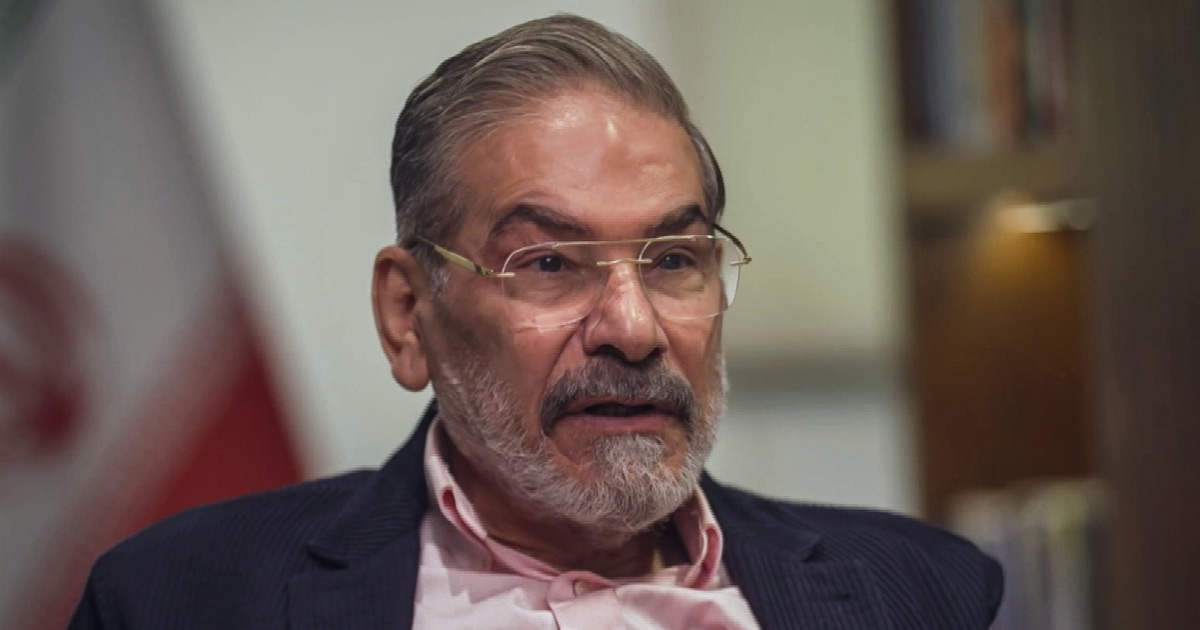President Donald Trump told reporters Monday that “very good things” are happening in his nuclear diplomacy with Iran, adding, “I think they’re being very reasonable thus far.” His optimistic tone was echoed by Iranian diplomats and Omani mediators, with Iran’s foreign minister describing the talks this weekend as “more serious” and “more detailed” than past meetings. Yet behind the upbeat rhetoric, a more complex and challenging reality is taking shape.
While earlier rounds made progress toward limiting—though not eliminating—Iran’s nuclear enrichment, even prompting parallel technical discussions, the latest round saw a slight reversal. The setback stemmed from the U.S. insistence on the unrealistic demand that Iran abandon domestic enrichment entirely.
Shutting down Iran’s more than 20,600 centrifuges is not required to achieve Trump’s stated goal of preventing an Iranian nuclear weapon. Nonetheless, it remains a long-standing demand of hardliners such as George W. Bush, Dick Cheney, Nikki Haley, Mike Pompeo, and John Bolton. Many of them understood that insisting on total Iranian capitulation was the quickest path to derailing diplomacy and laying the groundwork for war.





